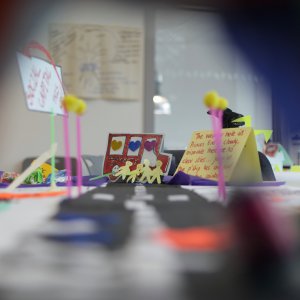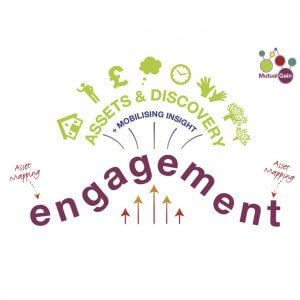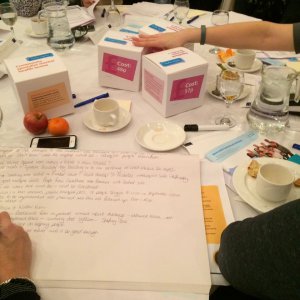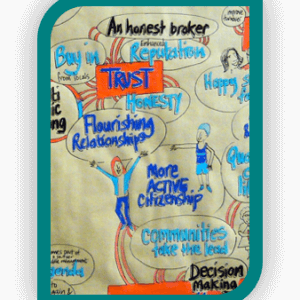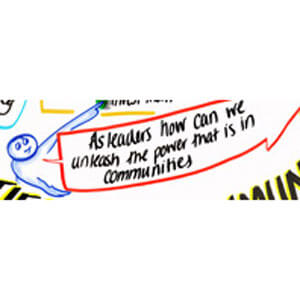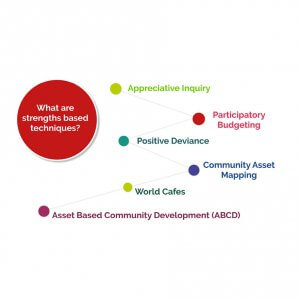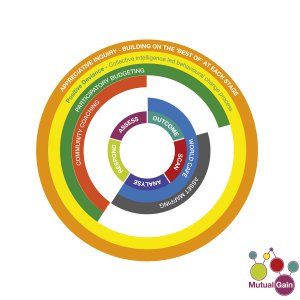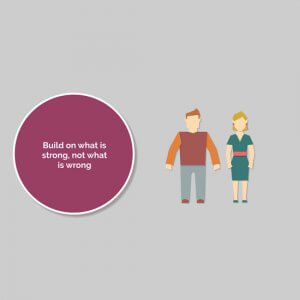
Participatory Budgeting
Budget decisions: If the community feel they decided then it’s PB – if it feels like someone in an organisation decided, it’s not!
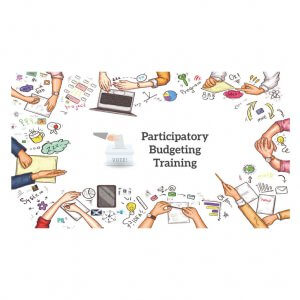
Participatory Budgeting is a detailed process of enabling and empowering the most disadvantaged communities to decide upon the allocation of budgets that are in the public interest. Developed out of a commitment to social justice, PB embeds equalities into its process to bring policy makers and service providers closer to those who they serve.
Who is this for?
Anyone with a budget that is spent in the public interest.
The Process
PB is a successful internationally adopted process to include citizens in the decision-making process of allocating budgets that are intended for the public interest. There are two types of PB:
- Community Grant Funding Model (good for building cohesion, strengthening networks and tapping into new ideas that can be delivered by the public).
- Mainstream public participation (good for creating a citizen led public service that is genuinely co-designed, co-produced and co-delivered)
The two processes vary enormously:
- PB as a Policy Device: Community grant funding requires a public budget to spend with, by and for the community. We would recommend that a minimum budget of £15,000 is offered to the community to decide upon. There is no upper limit to be used – the higher the better. This is easy to support: training and support embeds common practices and challenges which can be facilitated through a one day training course and supported delivery over five half days. The supported delivery process takes the community and partners through the key choices that they need to make to ensure the process meets the values and principles of PB. A debrief and next steps workshop is used at the end for many clients to consider how they might embed the process in other decisions.
- PB as a Policy Instrument: Mainstream PB is still being developed with no ‘commonly used’ processes within the UK, but emerging models are shaping and strengthening UK practice. This type of PB is increasingly referred to as ‘second generation PB’. Partners often require support with this in the following ways:
- Training in the values and principles of PB, and associated research findings
- Experts to adopt the role of critical friend to the organisation and partners
- Independent Expert Facilitation of organisational process
The precise number of days and type of support is agreed with each client separately to ensure they invest in the right support for them.
Our online learning platform currently offers training in Community Grant Funding PB which makes it easy to offer to large numbers of staff/partners/communities
Outcomes
In 2015, the ‘What Works’ centre in Scotland found the following outcomes from PB research:
- Reorientation of public investment
- Improved public services
- Improved infrastructure
- Improved governance
- Improved citizen participation
- Positive feedback from participants.
- Improved self-confidence of individuals and organisations.
- Improved intergenerational understanding.
- Greater local involvement: Increased volunteering and formation of new groups.
- Better awareness of councillors in their wards.
- Increased confidence of citizens in local service providers.
- Increased control that residents had over the allocation of some resources.
Request a call or visit
If you would like a no charge, no obligation call or visit to your teams, please submit your details through the form below:
See Our Other Services
Click on one of the images below to view more about that service.

